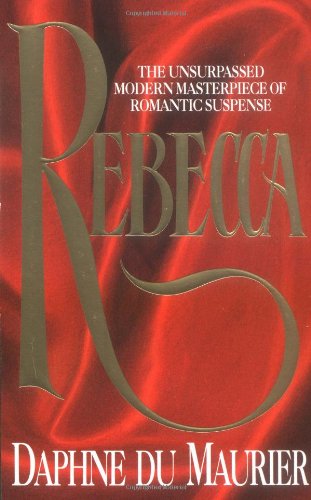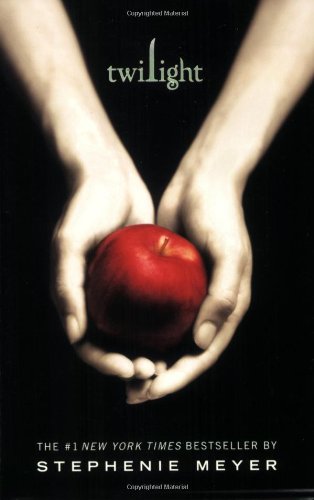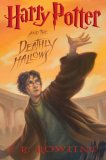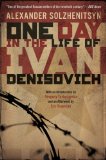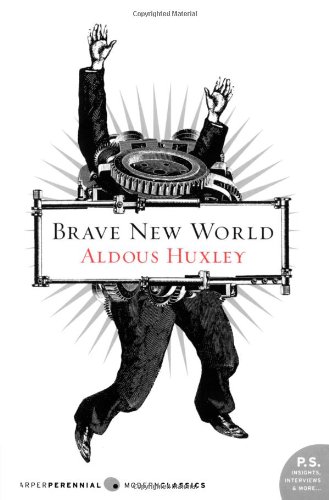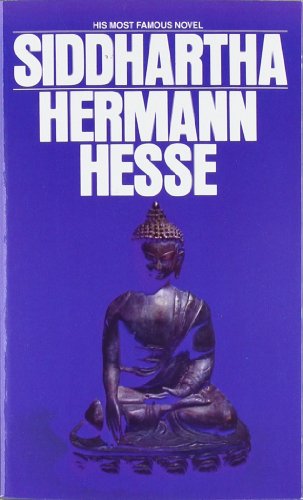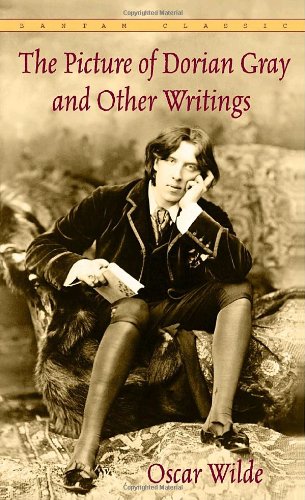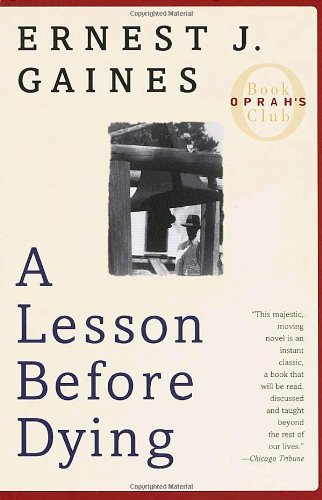 Last night I completed Charlotte Brontë’s classic novel Jane Eyre. As a child, I moved around quite a bit, especially in high school. Going to three different high schools has left some large gaps in my literature education, and many of the books one would ordinarily have read in high school I admit I have never read. No matter — I’m not sure I would have been ready for this one in high school, anyway.
Last night I completed Charlotte Brontë’s classic novel Jane Eyre. As a child, I moved around quite a bit, especially in high school. Going to three different high schools has left some large gaps in my literature education, and many of the books one would ordinarily have read in high school I admit I have never read. No matter — I’m not sure I would have been ready for this one in high school, anyway.
For those of you who may be unfamiliar with the story, Jane Eyre stars the eponymous heroine Jane Eyre, who when orphaned by her parents at an early age goes to live with her cruel Aunt Reed until she is unceremoniously sent away to a harsh boarding school called Lowood. Jane eventually becomes a teacher at Lowood until a beloved mentor leaves the school to marry, at which time Jane decides to leave as well. She advertises for a position of governess and is hired by Mrs. Fairfax of Thornfield Hall, the housekeeper for one of literature’s great Byronic heroes, Edward Fairfax Rochester. Mr. Rochester falls in love with Jane, but he harbors a dark secret in his attic that nearly proves the undoing of both his and Jane’s chance at love and happiness.
Although I liked the novel, I didn’t find it difficult to put down, and indeed, one reason why it took me so long to finish is that for long stretches, I wasn’t really into reading it. However, overall I enjoyed Brontë’s writing style. I found her characters believable, with the exception of the children in the early part of the novel — who talked like no children I’ve ever heard. I admired Jane for standing fiercely by her convictions and valuing herself even when she thought no one else did. It is easy to see why so many literary admirers have borrowed Jane Eyre for inspiration, and I did enjoy the book in its entirety, if not the slower parts. I was inspired to read it after the characters in Diane Setterfield’s novel The Thirteenth Tale (my review here) admired it profusely in one of my favorite passages in the book. My daughter Sarah is reading this book right now, and Iwill be interested to get her take on it.
I am anxious to see how well this novel translated to the screen in one of its many movie adaptations. I am going to start with the 1944 production starring Joan Fontaine and Orson Welles, and I am anxious to read Jean Rhys’s Wide Sargasso Sea if for no other reason than to see a little more of enigmatic Bertha Mason.
As I predicted, I did not finish my R.I.P. Challenge by Halloween, but I am soldiering forth at any rate, and I hope to finish it by Christmas.
[tags]jane eyre, charlotte brontë, book review, literature[/tags]

